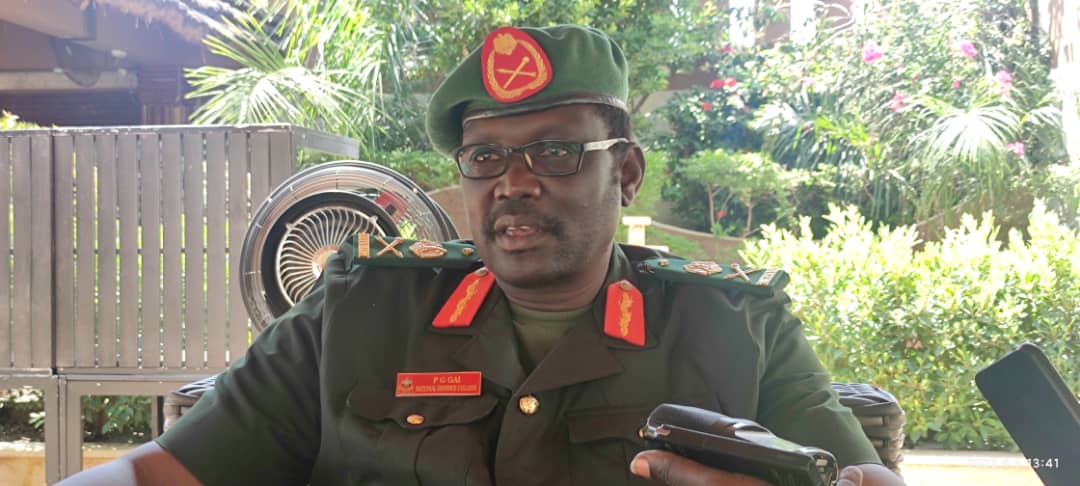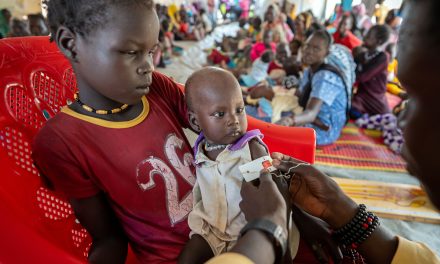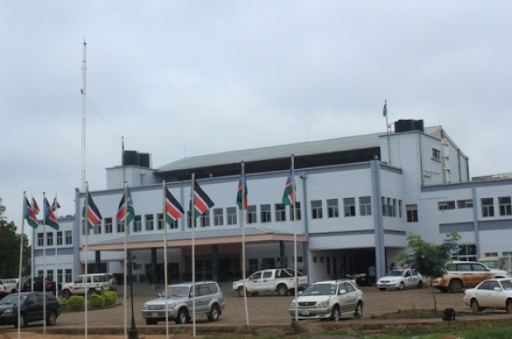
Gender inequality hindering women’s participation in South Sudan’s Army

The participation of women in the Ghanaian and Rwandan armed forces is motivated by the high-level degree of equality exercised by the leadership of the high command and leadership in their respective countries.
Maj. Gen. Peter Gatwech Gai says “what motivates them is protection laws, because women feel that they are being protected. Nothing else can prevent them not to joining the army because they are being protected. The second factor is the promotion, they have equal rights with their male counterparts. Promotion is based on your ability.”
General Gatwech noted that women’s participation in the army was encouraging during the war of independence for South Sudan. The female participation in the army after the independence he says has been discouraged by several factors including the conflict which erupted at the end of 2013.
“Women’s participation was very high, they could join in good numbers, some of them were holding command force, some die and some were wounded but after the CPA [Comprehensive Peace Agreement] the country faced a lot of challenges,” he added.
“We have political struggle whereby we try to minimise the casualties of our female. We are protecting their lives because this is not the time they should die without reason, the difference is that South Sudan is at war and other countries like Rwanda and Ghana are in peace.”
He said women in South Sudan are unwilling to join the army although Bilpham promotes them to higher ranks and files. “They are refusing even to join not because they cannot get the motivation we are giving them but maybe they have something else they are thinking about”.
The senior army general said with the revitalised peace deal being implemented the army headquarters is recruiting more women to the service.
“With this revitalised agreement, I think the security situation will improve and then we embarked on security sector reforms where we will recruit everyone. When there is no war there will be mass mobilization,” he said.
The command in African countries which are peaceful such as Ghana respect the Beijing conference.
The conference marked a significant turning point for the global agenda for gender equality. The Beijing Declaration and Platform for Action, adopted unanimously by 189 countries, was an agenda for women’s empowerment that is now considered the key global policy document on gender equality.
For her part, Lt. Col. Adut Elijah Dau who led the women’s team to Rwanda representing the female’s affairs office in the military headquarters in South Sudan says “We first visited the Rwanda genocide site where many people who were killed were buried. We were shown the burial site of the 200 people who were killed in the church which appeared to be tribally motivated”
She says Rwanda now look like a country that has never gone into internal war. “If you go there now, you will think that there was no war in that country.”



































